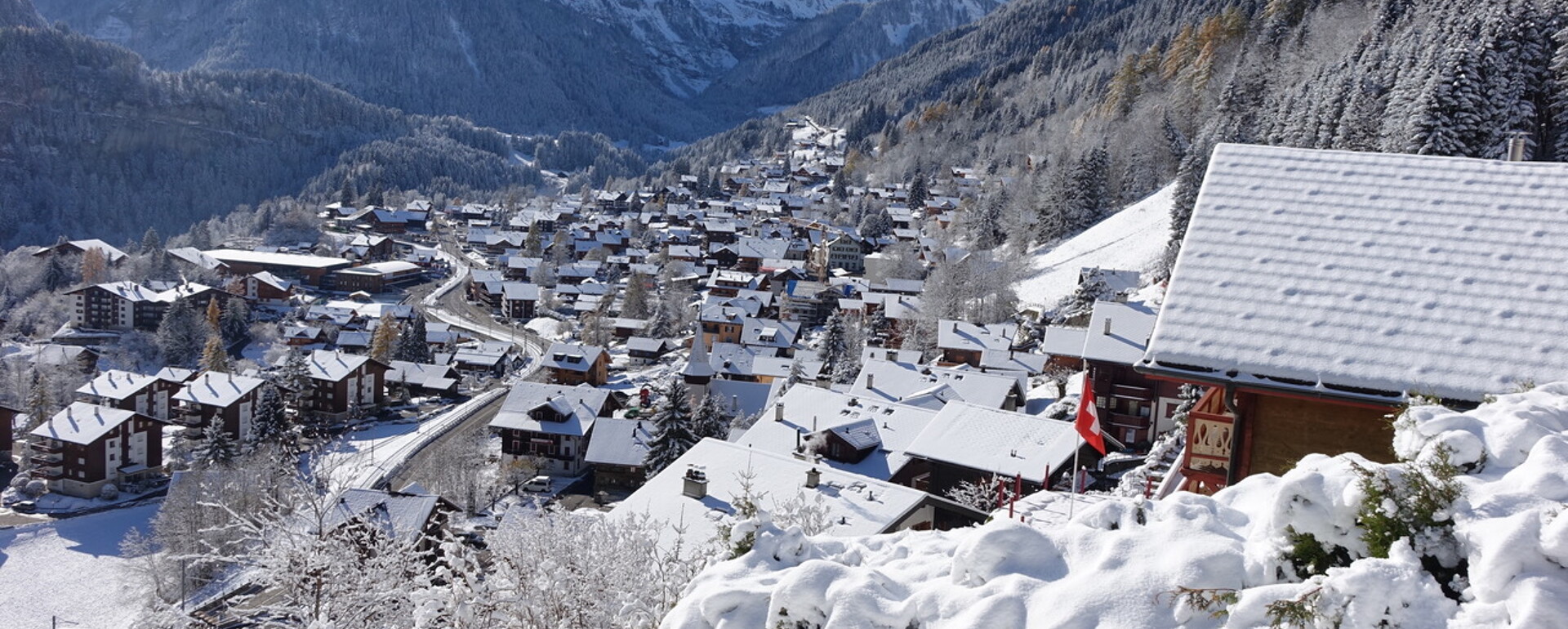Swiss Economy Update | Ski Property And The Economy In Switzerland

The Swiss economy is widely regarded as being one of the most stable in the world. Due to its long-term political stability and financial security, Switzerland’s economy has grown dependent on foreign investment, lured by its reputation as a ‘safe haven’.
With its relatively small population of just over 8m, Switzerland’s livelihood is reliant on a highly developed service sector, led by financial services along with high technology industry and trade. Its low unemployment rates and secure budget ensures it has the sixth highest GDP per capita in the world ($86,602 in 2020). Switzerland’s main trading partner is the European Union (EU), accounting for 48% of its imports and 66% of its imports. In fact, the fortune of the Swiss economy is closely connected to that of its near neighbours, which purchases half of its exports.
The 2008 financial crisis slowed Swiss exports and put the country into recession. The Swiss National Bank (SNB) responded to this by implementing a zero-rate interest policy which helped to kick-start a recovery in 2010.
The debt crises in neighbouring countries, however, along with economic instability in Russia and Eastern European, pose a real risk to the Swiss economy. In early 2015, the SNB abolished the Swiss franc’s track to the Euro, shaking up global currency markets in the process.
During 2020, the world’s economy suffered an significant downturn due to the coronavirus pandemic. However, the strength of Switzerland’s economy helped it bounce back. By the second quarter of 2019, total GDP was almost back to pre-pandemic levels.
Switzerland also reformed its banking laws by agreeing to conform to OECD regulations on administrative assistance in tax matters.
Find out more about Swiss ski property taxation here.

